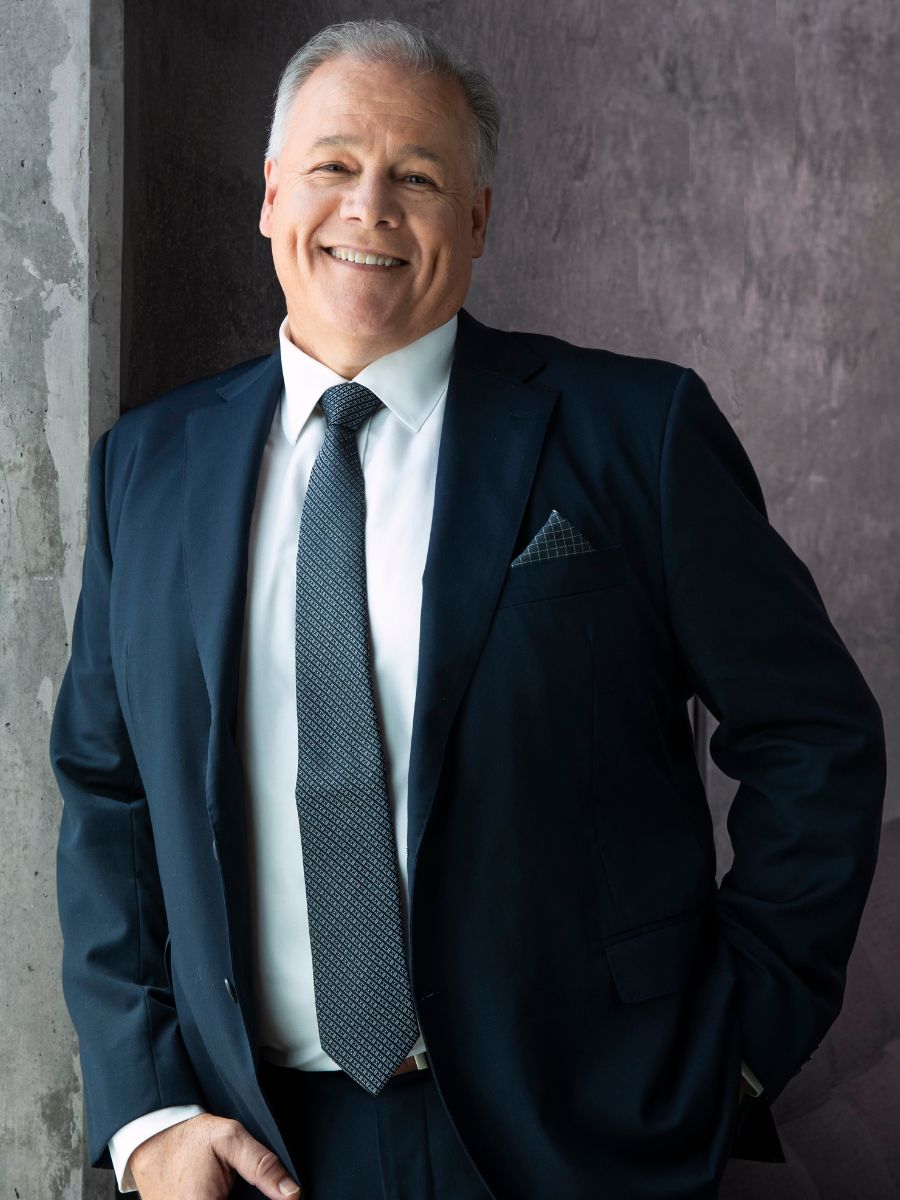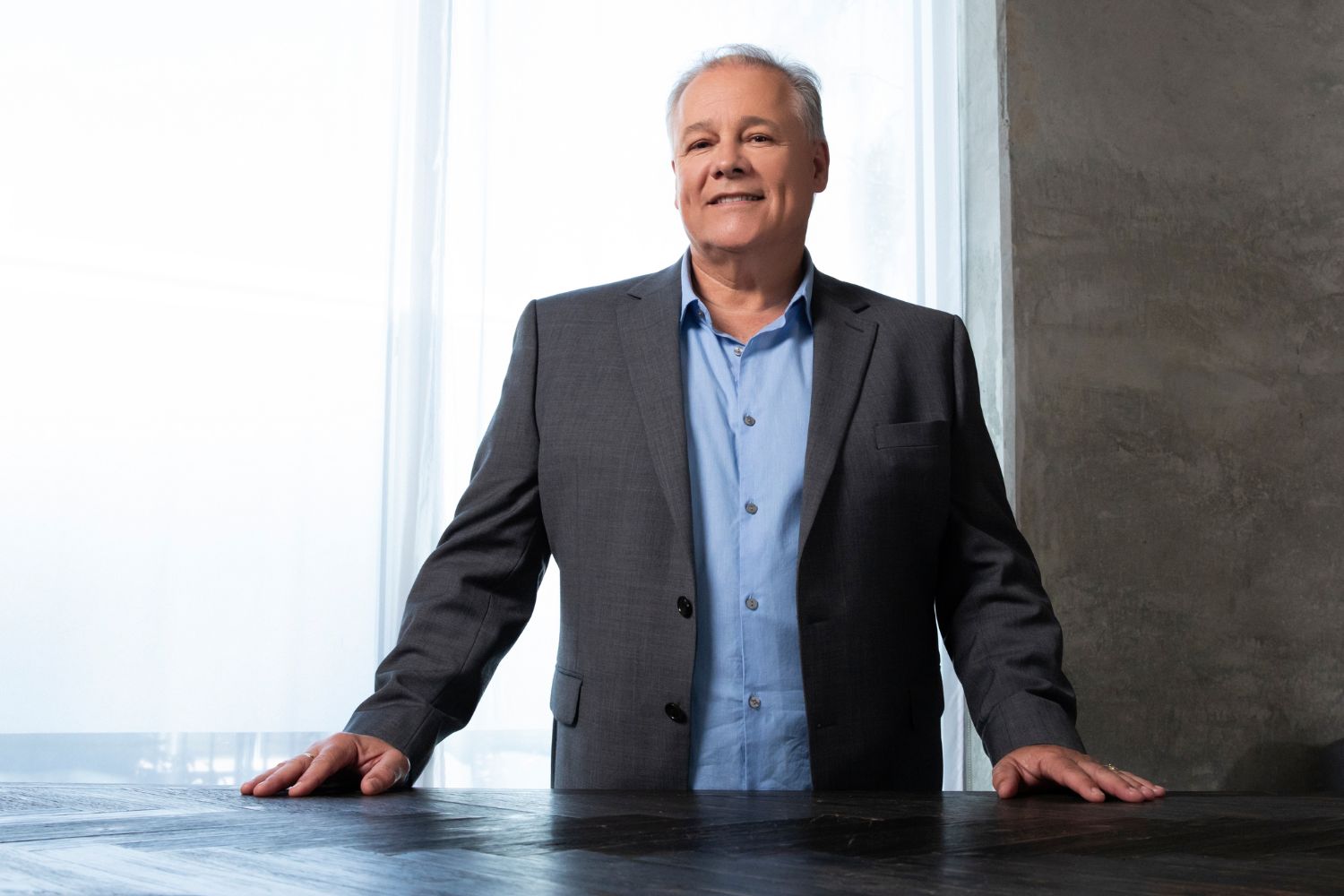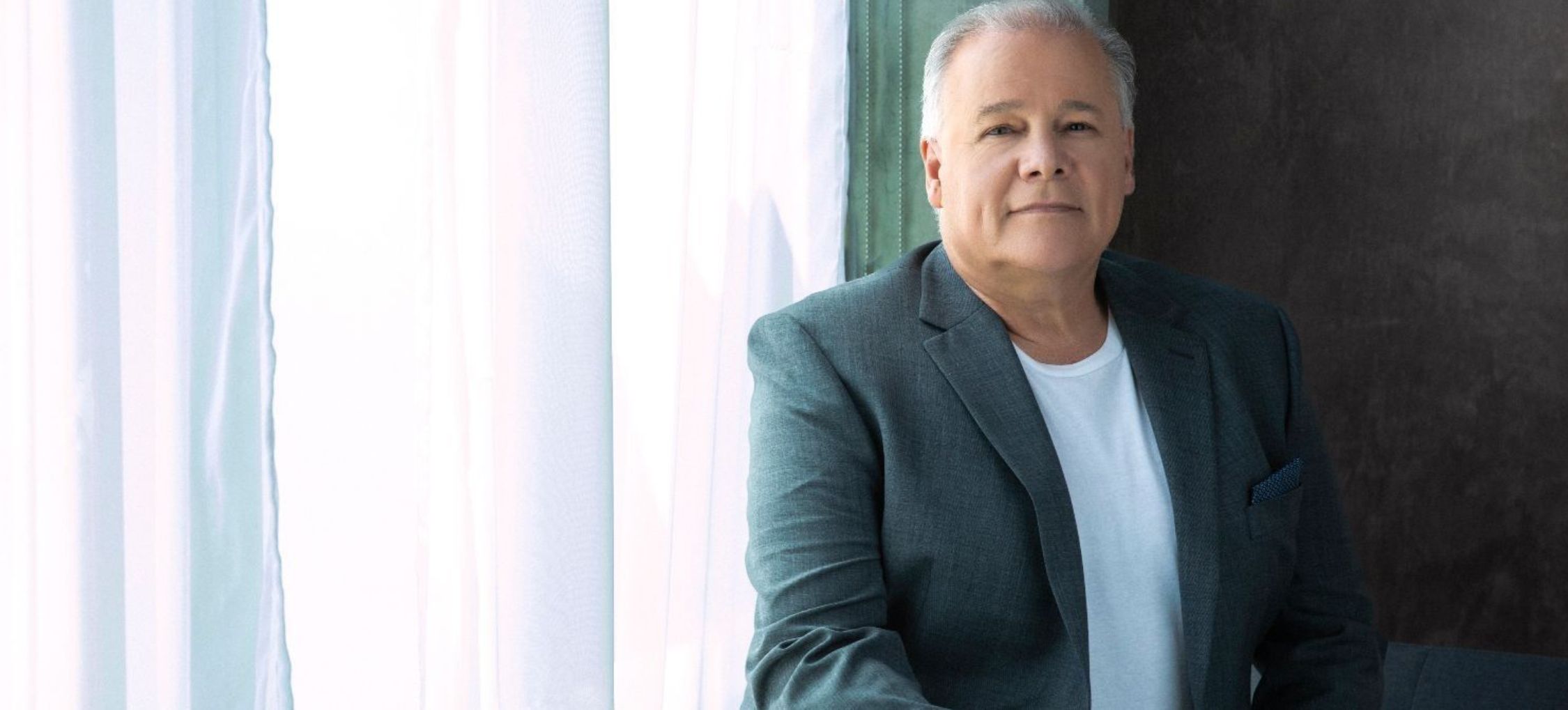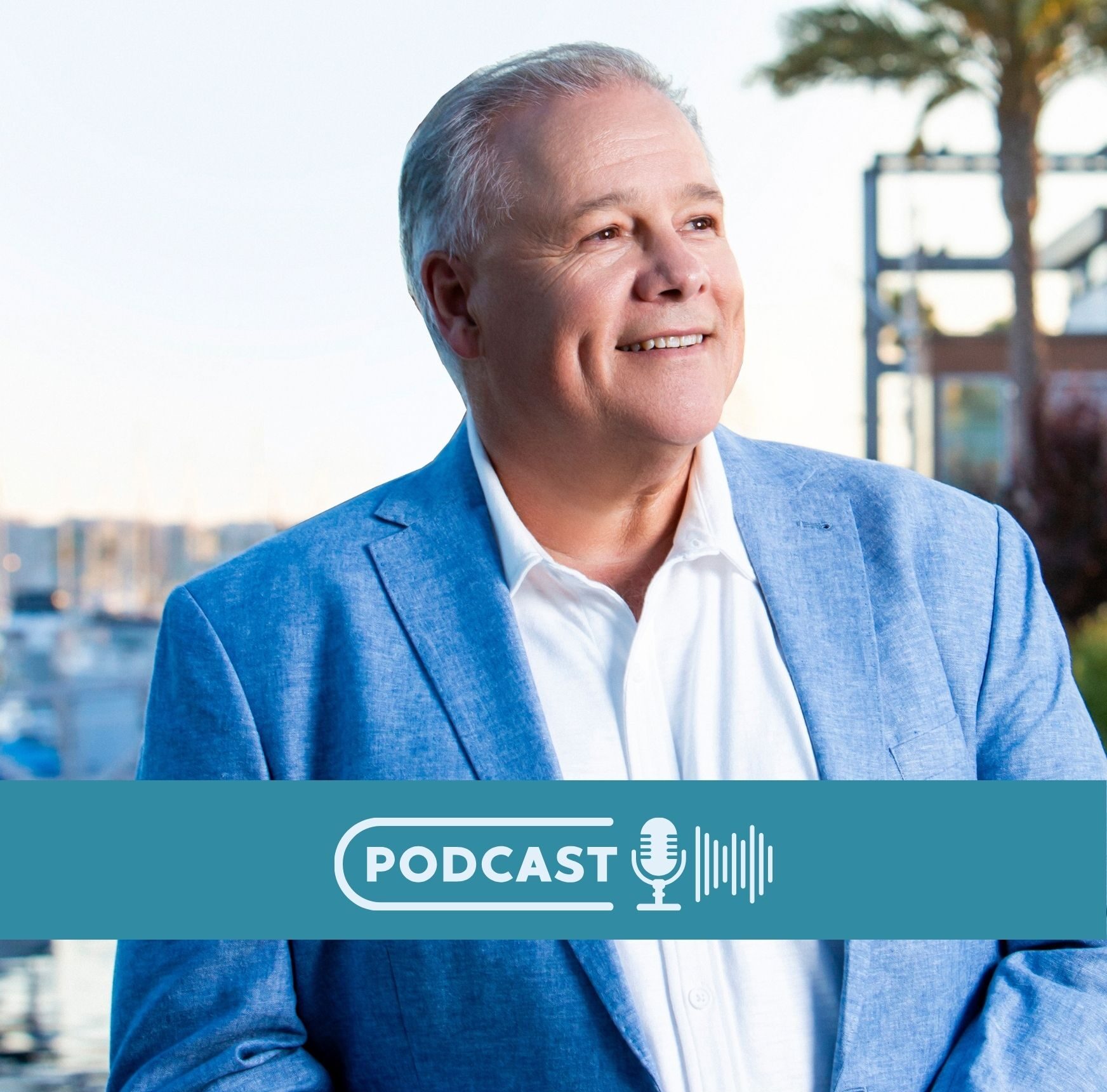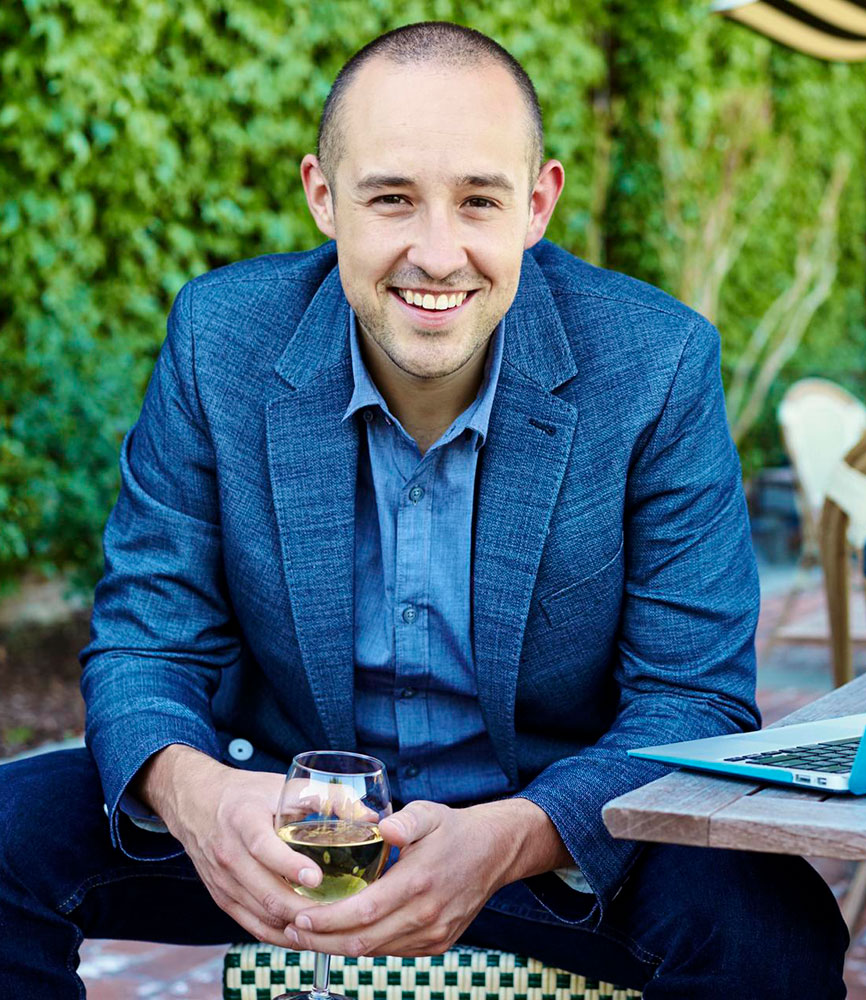When is the last time a child’s question changed your life?
For Ron Diamond, Founder & CEO of Diamond Wealth and my latest guest on The Wisdom Of… Show, a seemingly innocent question from his 7-year-old daughter prompted two weeks of deep reflection that would forever change his approach to wealth, leadership, and life itself.
In an age obsessed with financial metrics and market valuations, our conversation revealed something far more valuable: the wisdom that emerges when we strip away the complexities of wealth and focus on what truly matters.
Beyond the Balance Sheet
Ron Diamond isn’t your typical wealth advisor. As someone who invests alongside 100 family offices with assets ranging from $250 million to $30 billion, he has a front-row seat to how the world’s wealthiest families manage their resources—and more importantly, their legacies.
Yet what struck me most about our conversation wasn’t Ron’s financial acumen. It was his profound understanding of stewardship and what money really represents.
“What [money] should be is the ability to give you more choices, more freedom, and more access to live your life how you want to live it,” Ron shared. “Unfortunately, I think it’s become the root of many evils.”
This tension—between money as freedom and money as burden—becomes especially apparent when we look at the sobering statistics he revealed:
Only 25% of family wealth makes it to the second generation. Just 10% survives to the third generation. A mere 5% reaches the fourth generation.
These aren’t just numbers. They represent the collapse of family legacies, the erosion of purpose, and often, the triumph of ego over stewardship.
The Five Most Important Things
The heart of our conversation turned on a simple yet profound framework that emerged from Ron’s daughter’s school assignment: identifying the five most important things in life.
After two weeks of deep contemplation, Ron arrived at his list:
-
Love – “Without love, what’s the value of life?”
-
Gratitude – “I used to think happy people were grateful, but it’s actually flipped. Grateful people are happy.”
-
Attitude – “Your attitude in life is probably more important than your IQ.”
-
Balance – “Finding balance is a very hard thing for most people.”
-
Laughter – “Without laughter… this is a crazy world we live in and you have to laugh.”
What’s remarkable isn’t just the list itself, but how it creates a framework for making decisions—even when managing billions in assets. It reminds us that beneath the complexity of wealth management lies a simple truth: wealth without wisdom leads nowhere meaningful.
Philanthropy as Problem-Solving
Perhaps the most powerful insight Ron shared was his perspective on how great wealth can transform the world:
“I think the legacy is really… a lot of these family officers are gonna change a lot of the real world problems we face.”
He contrasted two approaches to cancer treatment. His father, diagnosed with prostate cancer at 52, followed the traditional path of seeking second and third opinions from top doctors. He lived for four years.
Michael Milken, when diagnosed with the same disease, took an entirely different approach. He “built it like a venture capital fund,” investing hundreds of millions in research. The result? “Because of Michael Milken, most men will die with, but not of prostate cancer.”
This distinction—between conventional giving and transformative problem-solving—reveals the true potential of wealth stewardship. The greatest impact comes not from simply writing checks, but from bringing entrepreneurial thinking to humanity’s greatest challenges.
The Next Wave of Transformation
Looking to the future, Ron believes we’re standing at the threshold of an unprecedented transformation. Drawing a parallel to the internet revolution, he suggests that AI will be “more transformative and I think the good about it will be primarily in the healthcare sector.”
This perspective captures the essence of true stewardship—looking beyond immediate returns to consider multi-generational impact. It’s about asking not just “what will this do for me?” but “what will this do for humanity?”
A Steward's Challenge
As we closed our conversation, I was struck by Ron’s commitment to mentoring the next generation. His approach was shaped by a painful early experience when a family friend made him “feel so small” when he reached out for an internship opportunity.
“I thought I would never, ever, ever, under any circumstances, ever make anybody feel the way Mr. M made me feel,” he reflected. This commitment to “paying it forward” forms another crucial dimension of stewardship.
The question for all of us becomes: How are we using our resources—whether modest or vast—to contribute rather than consume? Are we guided by ego or by values that transcend ourselves?
As Ron Diamond reminds us, “The right now, that there is no playbook for family offices… The playbook should be you focus on governance first, you work on a mission statement second, you talk to an estate planning attorney third… Once those are all done, figure out family dynamics, then you could start investing.”
In other words, purpose before profit. Values before valuations. Contribution before consumption.
This is the wisdom that builds not just wealth, but legacies that matter.
Watch the full interview with Ron Diamond on The Wisdom Of… Show



